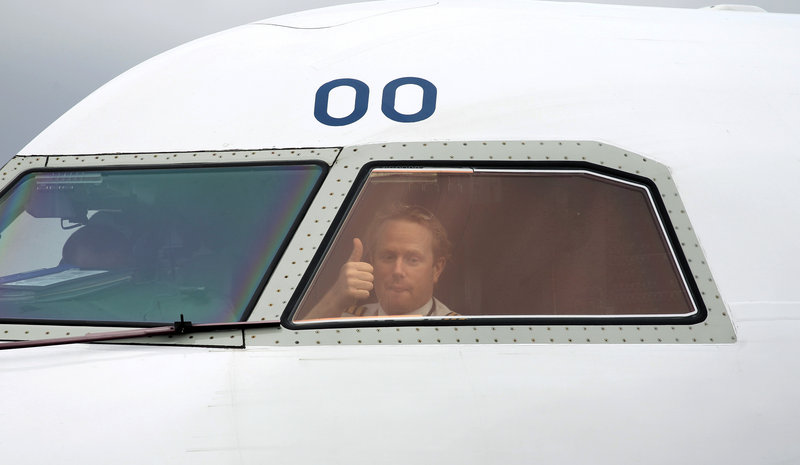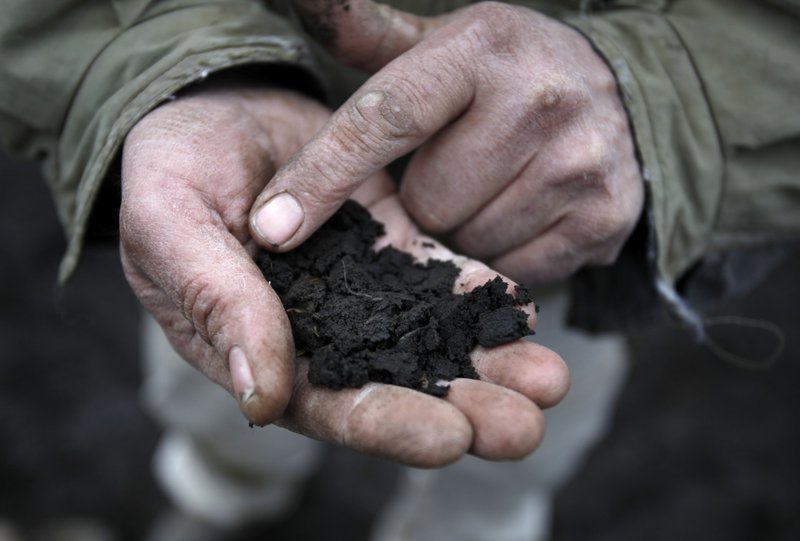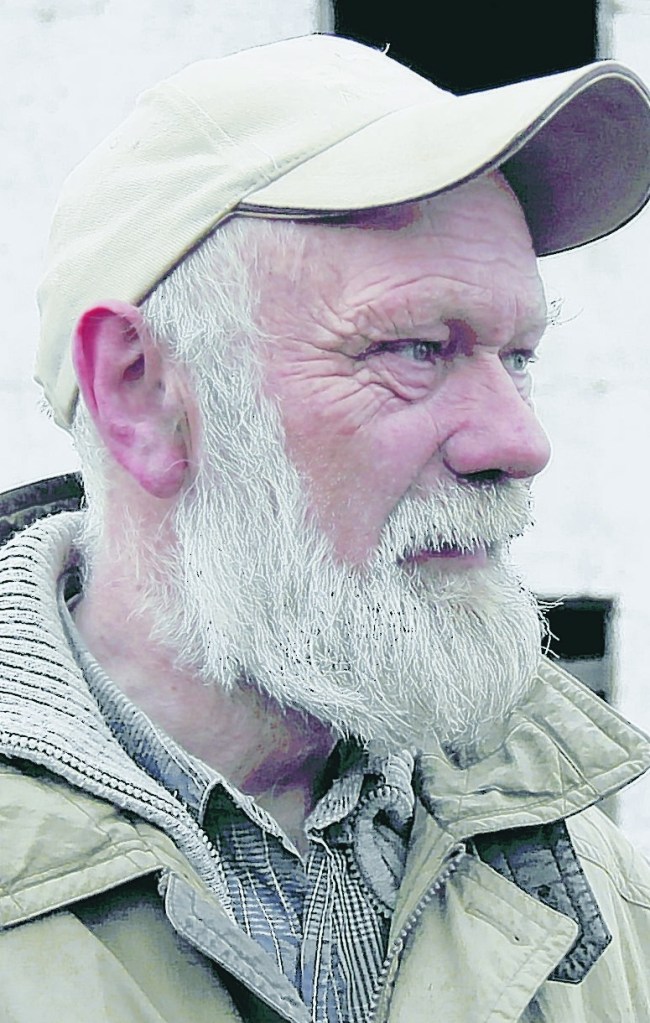BERLIN — Airlines lost at least $1.7 billion in revenue during the volcanic ash crisis, an industry group said today as the debate heated up over whether European governments were justified in shutting down their airspace for so long.
Planes were flying into all of Europe’s top airports – London’s Heathrow, Paris’ Charles de Gaulle and Germany’s hub at Frankfurt. Still experts predicted it could take days – even more than a week – to clear a backlog of stranded passengers after about 102,000 flights were canceled around the world.
Eurocontrol, the air traffic control agency in Brussels, said 21,000 of the continent’s 28,000 scheduled flights were going ahead today. Air traffic controllers lifted all restrictions over German airspace, but some restrictions remained over parts of Britain, Ireland and France.
Spain, which has remained mostly open throughout the crisis, developed into a key emergency travel hub, arranging for hundreds of special flights to move over 40,000 people stranded by the travel disruptions.
In London, Britain’s transport secretary, Andrew Adonis, denied that the government decided to reopen the skies to air travel under pressure from airlines.
“They have obviously wanted to be able to fly their planes – of course they have – but that has not been the issue at stake here,” he told the BBC.
But British Airways initiated a showdown by announcing Tuesday it had more than 20 long-haul planes in the air and wanted to land them in London. Despite being told that British air space was firmly shut, radar tracking sites showed several BA planes circling in holding patterns over England late Tuesday before the surprise announcement that air space was being reopened.
“We were circling for about two hours,” said Carol Betton-Dunn, 37, a civil servant who was on the first flight to land at London’s Heathrow from Vancouver.
She said passengers were initially told the flight would be going to London, then that it was heading for an unspecified European airport, then that it was going to Shannon airport in western Ireland.
“It’s been exhausting,” Betton-Dunn said.
The British Airways chief was unrepentant.
“I don’t believe it was necessary to impose a blanket ban on all U.K. airspace last Thursday,” said BA chief executive Willie Walsh. “My personal belief is that we could have safely continued operating for a period of time.”
In Berlin, Giovanni Bisignani, the head of the International Air Transport Association, called the economic fallout from the six-day travel shutdown “devastating” and urged European governments to examine ways to compensate airlines for lost revenues, as the U.S. government did following the Sept. 11, 2001 terror attacks.
He said it would take three years for the industry to recover from the week of lost flying time.
Airlines lost $400 million each day during the first three days of grounding, Bisignani told a news conference Wednesday. At one stage, 29 percent of global aviation and 1.2 million passengers a day were affected by the airspace closure ordered by European governments, who feared the risk that volcanic ash could pose to airplanes.
“For an industry that lost $9.4 billion last year and was forecast to lose a further $2.8 billion in 2010, this crisis is devastating,” Bisignani said. “Governments should help carriers recover the cost of this disruption.”
He noted that the scale of the crisis eclipsed the events of Sept. 11, when U.S. airspace was closed for three days.
German aviation agency Deutsche Flugsicherung said the decision to reopen the country’s airspace Wednesday was based on weather data, not economics. It said the concentration of volcano ash in the sky “considerably decreased and will continue to dwindle.”
“Bremen, Hamburg, Hannover, Berlin, Frankfurt and Munich are open again,” said spokesman Axel Raab.
“We cannot say what it will look like in the next few days. If the volcano becomes active again, new closures might happen,” Raab added.
A test flight carried out by the German Aerospace Center found various levels of volcanic ash at different sites over Germany. The highest concentration of ash was over eastern Germany, which the report said was comparable in density to a plume of dust above the Saharan desert. The airspace above the northern city of Hamburg was entirely free from ash.
The center reported no damage to the airplane that flew the test flight.
The Finnish Air Force said volcanic ash dust was found in the engine of an F-18 Hornet jet but it caused no significant damage to the aircraft. Officials say the fighter-bomber’s engine had “contaminants on its inside surfaces” that would be further analyzed.
A French weather service plane also took samples of the air Tuesday and found no volcanic ash problems either, transport minister Dominique Bussereau said.
Ryanair chief executive Michael O’Leary was one of many airline executives calling the airspace shutdowns excessive.
“It might have made sense to ground flights for a day or two. That’s understandable. But there should have been a much faster response by the governments, the transport ministers and the regulators,” he told The Associated Press.
“Nobody in their right mind would want to fly through a dark plume of smoke. But by the time that that cloud has dispersed through 800 or 1,000 nautical miles of air space, a full ban should never have been imposed,” O’Leary said.
But Eamonn Brennan, chief executive of Irish Aviation Authority, defended the governments’ responses. He said there was “no safe, quick fix” for the problem and the closures allowed Europe to come up with a risk-mitigation scheme to handle an unprecedented situation.
“It’s important to realize that we’ve never experienced in Europe something like this before. So it wasn’t just a simple matter of saying:
Yes, you could have operated on Saturday or Sunday or Monday,” he told the AP. “We needed the four days of test flights, the empirical data, to put this together and to understand the levels of ash that engines can absorb.”
In Iceland, where all the trouble began with an April 14 eruption, there was no sign Wednesday that the Eyjafjallajokull (ay-yah-FYAH-lah-yer-kuhl) volcano would stop erupting anytime soon, according to Pall Einarsson, a geophysicist at the Institute of Earth Sciences in Reykjavik.
“We cannot predict when it will end,” he said. “(But) ash production is going down and is really insignificant at the moment.”
However, scientists at Zurich’s Federal Institute of Technology said Wednesday that an initial analysis of atmospheric data over Zurich showed that closing Europe’s airspace was warranted for safety reasons.
The scientists analyzed samples collected over the weekend by specially equipped weather balloons and concluded that the concentration of particles was “very high,” at up to 600 micrograms per cubic meter, according to Prof. Thomas Peter.
The scientists also said the composition of the volcano’s magma is changing, causing some concern that it might take on a more explosive form.
According to Peter Ulmer, a professor of petrology, the volcano has been pushing out magma with a higher silicate content since April 14. If the level of silicate reaches 56 percent or the share of magnesium falls below 4 percent, then the magma can become explosive even without the presence of huge ice caps like the current volcano.
At Heathrow’s Terminal 3 today, no one was allowed inside the departures level without a valid ticket. The departure boards still showed about half the flights as canceled.
Despite the uncertainty, passengers were optimistic. Juanjo Dominguez, a 25-year-old web designer from London, was at the airport for his afternoon flight to New York.
“I feel good, hopeful,” Dominguez said. “I am still keeping my fingers crossed.”
Send questions/comments to the editors.




